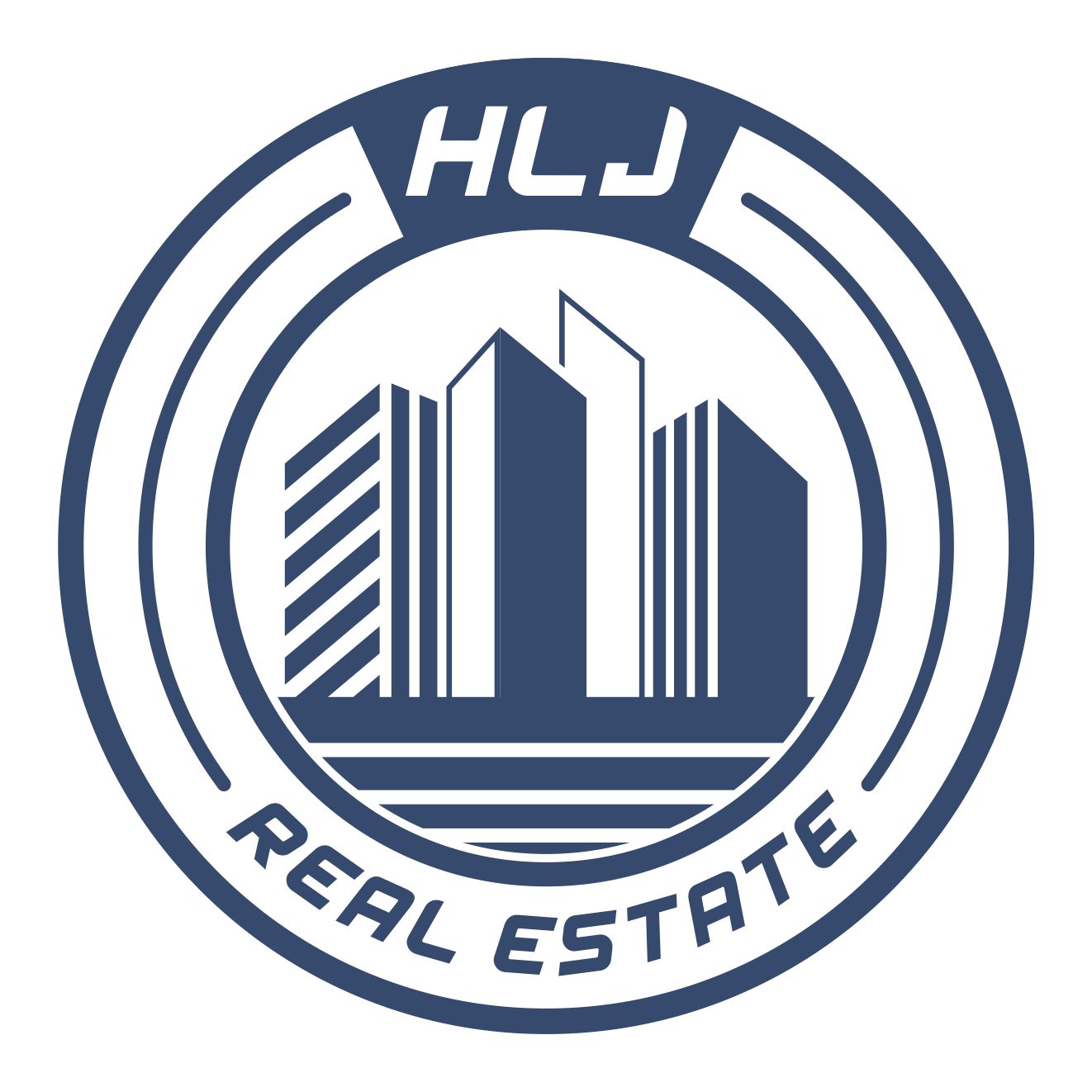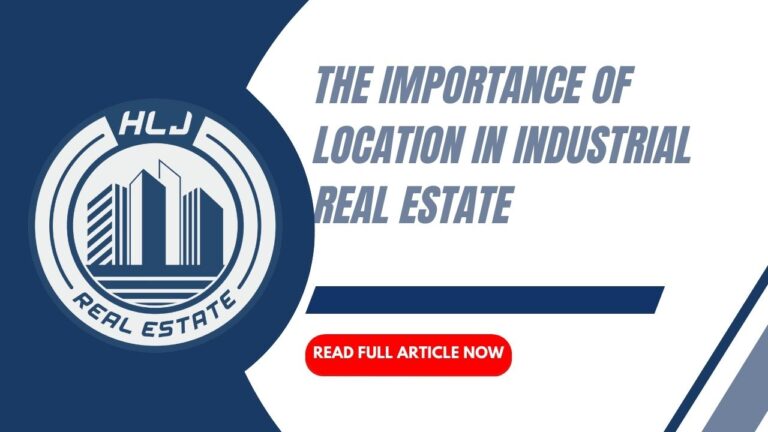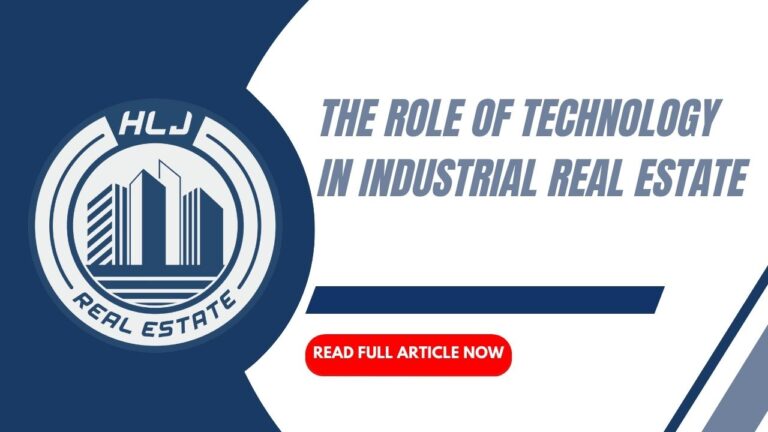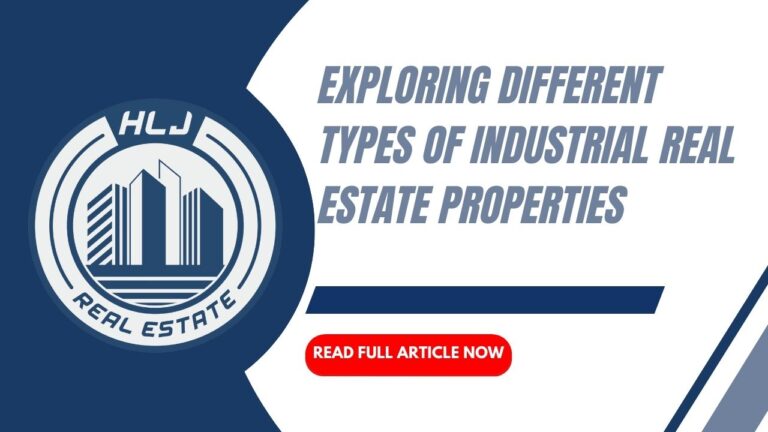Industrial real estate is subject to a complex web of regulations and zoning laws that govern how properties can be developed, modified, and used. These regulations are in place to ensure public safety, protect the environment, and maintain a harmonious balance between industrial activities and surrounding communities. Navigating these regulations and zoning laws is crucial for businesses, investors, and developers in the industrial real estate sector. In this blog post, we will explore the importance of understanding and navigating industrial real estate regulations and zoning laws and provide practical tips for doing so.
- The Significance of Industrial Zoning
Industrial zoning plays a pivotal role in land-use planning, as it designates specific areas for industrial activities. Zoning laws establish regulations that determine the permitted uses, building sizes and heights, parking requirements, setbacks, signage, and other crucial factors for industrial properties. Understanding industrial zoning is essential to ensure that the intended use of a property aligns with the designated zoning regulations. It helps prevent conflicts between different land uses, protects the interests of businesses and surrounding communities, and promotes orderly development.
- Conducting Zoning Research
Before purchasing or leasing an industrial property, it is vital to conduct thorough zoning research to understand the applicable regulations. This research involves reviewing local zoning ordinances, consulting with the relevant zoning department or planning commission, and seeking professional assistance when needed. By researching zoning regulations, developers and investors can determine whether their proposed use of a property aligns with the zoning designation and identify any special permits or variances that may be required.
- Special Use Permits and Variances
In certain situations, industrial properties may require special use permits or variances to deviate from the standard zoning regulations. Special use permits allow for specific activities that are not typically permitted in a particular zoning district but are deemed compatible with the surrounding area. Variances provide relief from specific zoning requirements due to unique circumstances or hardships. To obtain special use permits or variances, applicants must present their case to the local zoning board or planning commission and demonstrate how their proposed use meets specific criteria or justifies the need for deviation.
- Environmental Regulations
Industrial properties are subject to environmental regulations aimed at protecting natural resources and public health. These regulations may include requirements related to air quality, water management, waste disposal, hazardous materials handling, and remediation of contaminated sites. Compliance with environmental regulations is critical for industrial real estate stakeholders to minimize environmental impacts, ensure worker and community safety, and avoid legal and financial liabilities. Consulting with environmental experts and conducting thorough environmental assessments can help identify and address potential environmental issues.
- Building Codes and Safety Regulations
Industrial properties must comply with building codes and safety regulations to ensure the structural integrity of buildings, fire safety, electrical systems, plumbing, and other critical aspects. Building codes are designed to safeguard occupants, neighboring properties, and the general public. Compliance with these codes is essential for industrial property owners and tenants to maintain a safe working environment, avoid penalties, and protect themselves from legal issues. Engaging professionals, such as architects, engineers, and contractors, who are well-versed in industrial construction and building code requirements, can ensure compliance throughout the development or renovation process.
- Public Engagement and Hearings
In some cases, industrial real estate projects that involve significant developments or changes to existing properties may require public engagement and hearings. These processes provide an opportunity for local residents, businesses, and community stakeholders to voice their concerns, provide feedback, and learn more about the project. Engaging with the community early in the planning process can foster positive relationships, address concerns, and potentially gain support for the project.
- Working with Professionals
Navigating industrial real estate regulations and zoning laws can be complex and challenging. Working with professionals who specialize in real estate law, land-use planning, zoning regulations, and environmental compliance can provide invaluable guidance and support. These professionals can help stakeholders understand the intricacies of the regulations, assist with permit applications, represent their interests before regulatory bodies, and navigate any legal or regulatory challenges that may arise.
Navigating industrial real estate regulations and zoning laws is a critical aspect of successfully developing, owning, or leasing industrial properties. Understanding the regulations and requirements applicable to industrial real estate helps stakeholders ensure compliance, protect the environment, and maintain positive relationships with surrounding communities. Thorough research, engagement with local authorities, obtaining necessary permits or variances, compliance with environmental and building codes, and working with experienced professionals are all essential steps in navigating the complex landscape of industrial real estate regulations and zoning laws. By doing so, businesses and investors can mitigate risks, achieve successful outcomes, and contribute to the sustainable growth of the industrial real estate sector.



